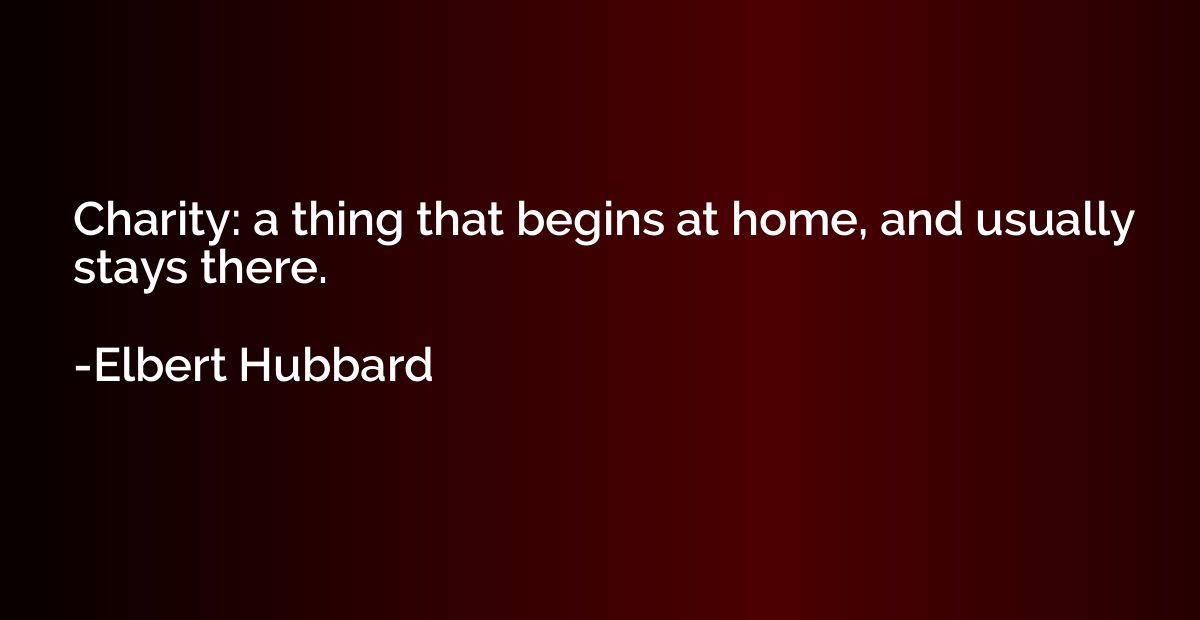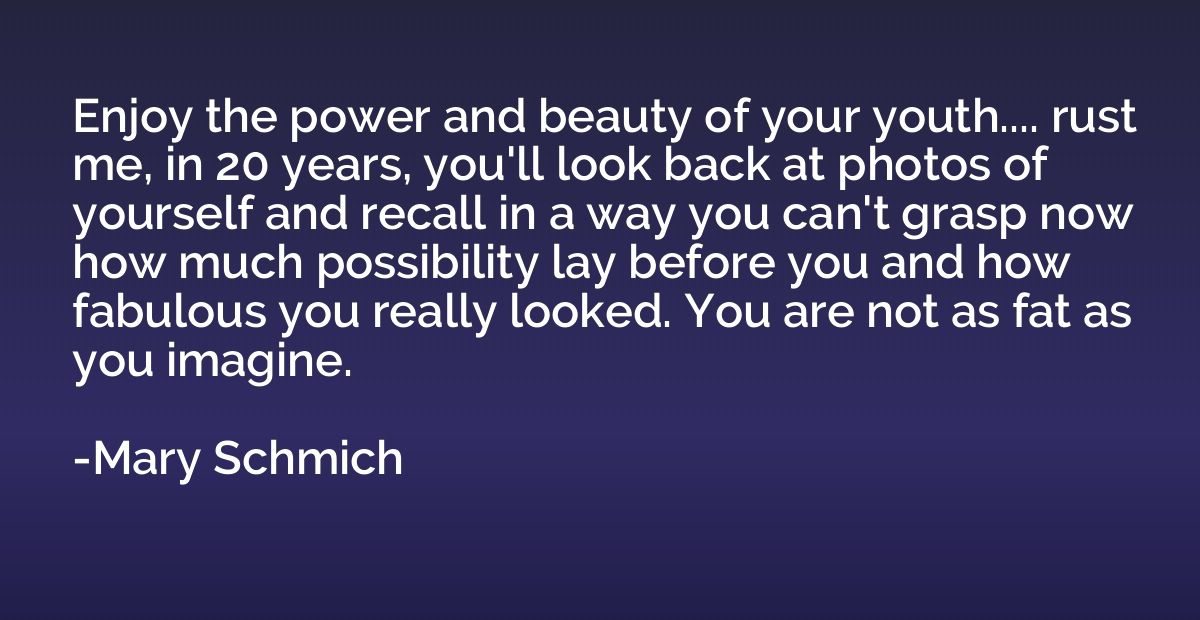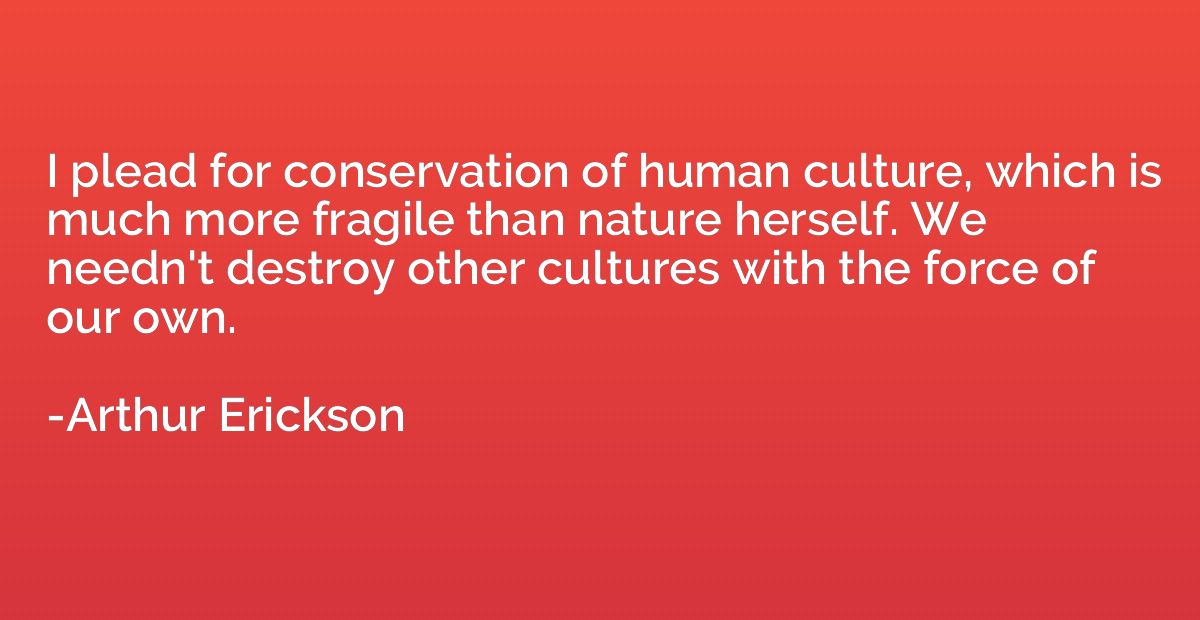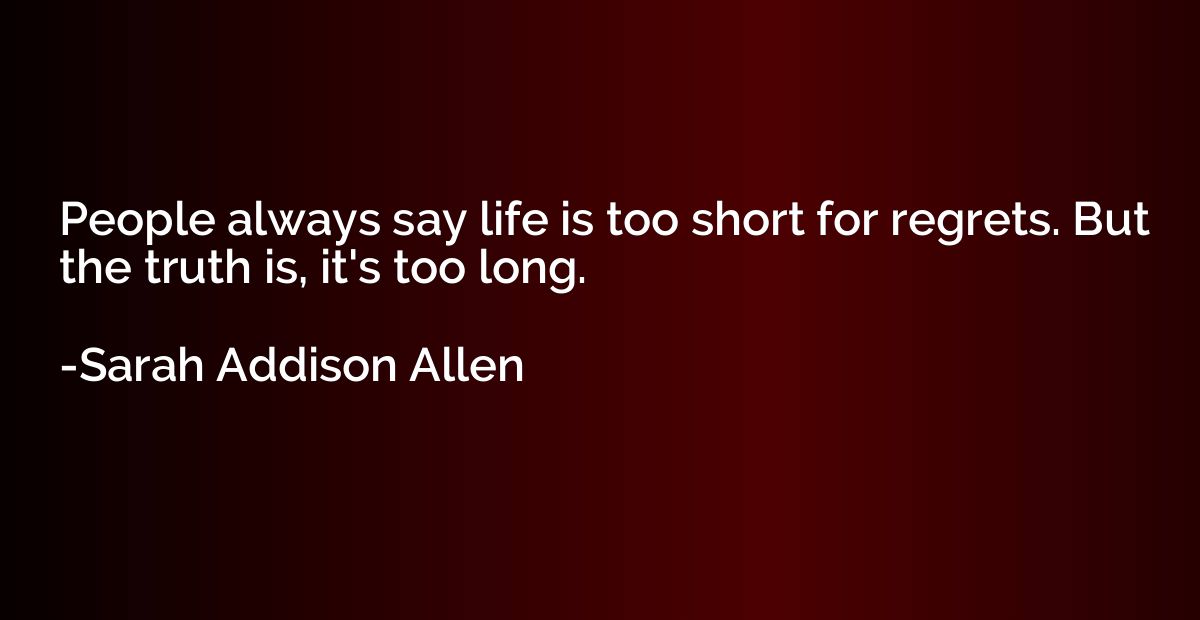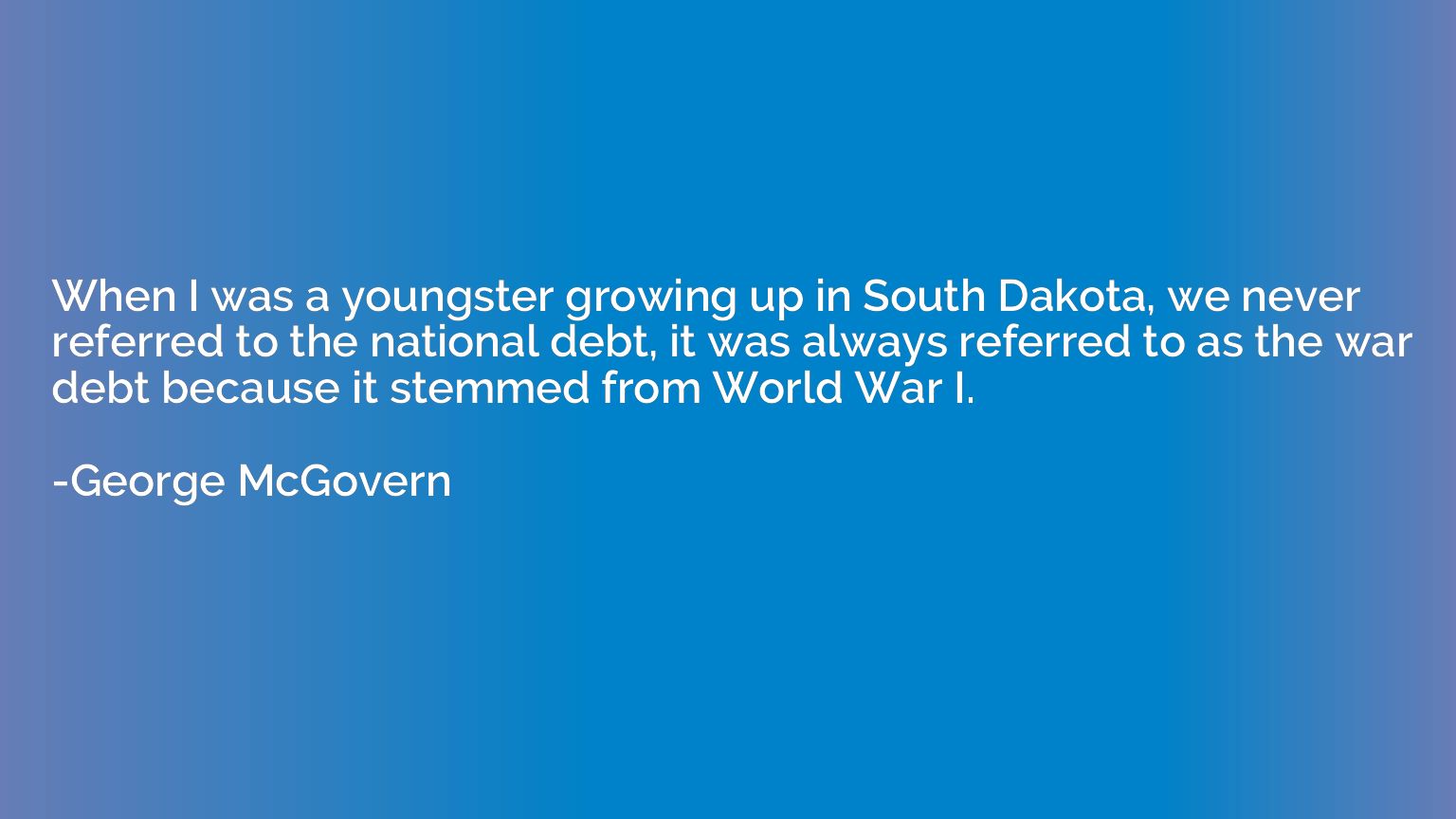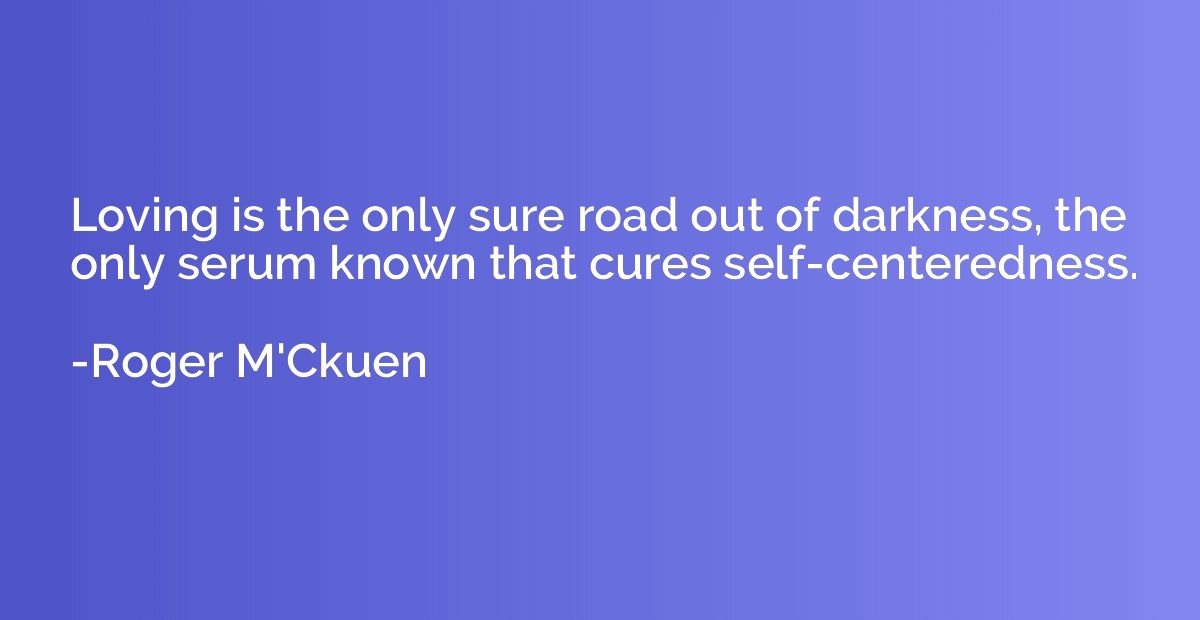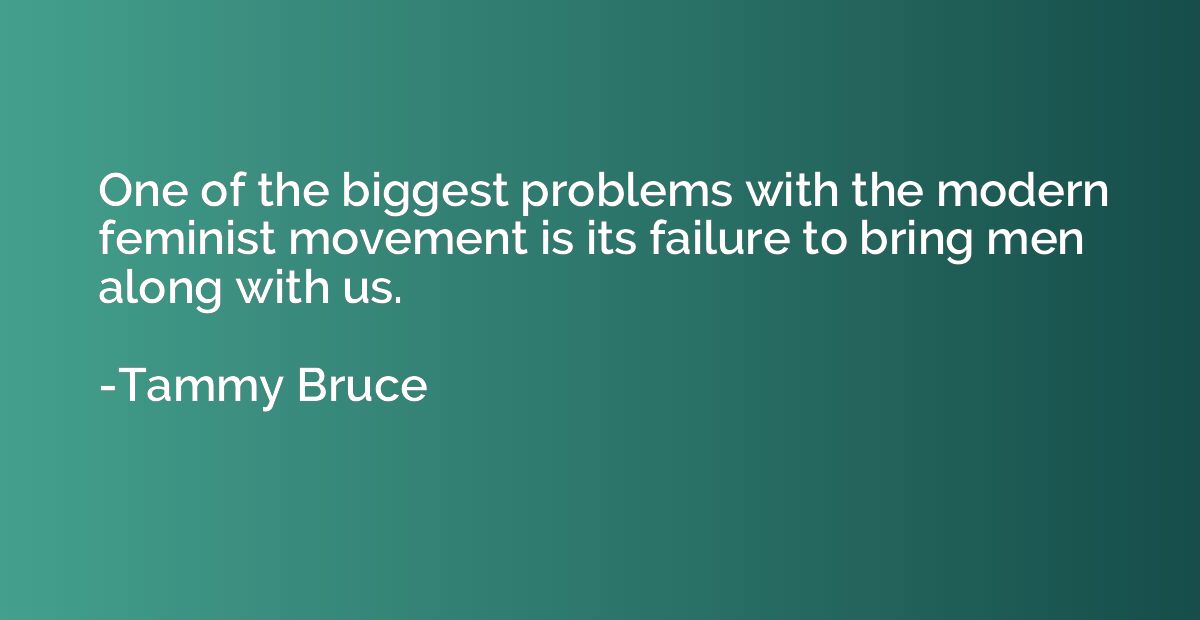Quote by Christopher Hitchens
Martin is your best friend, isn't he?' a sweet and well-intentioned girl once said when both of us were present: it was the only time I ever felt awkward about this precious idea, which seemed somehow to risk diminishment if it were uttered aloud.
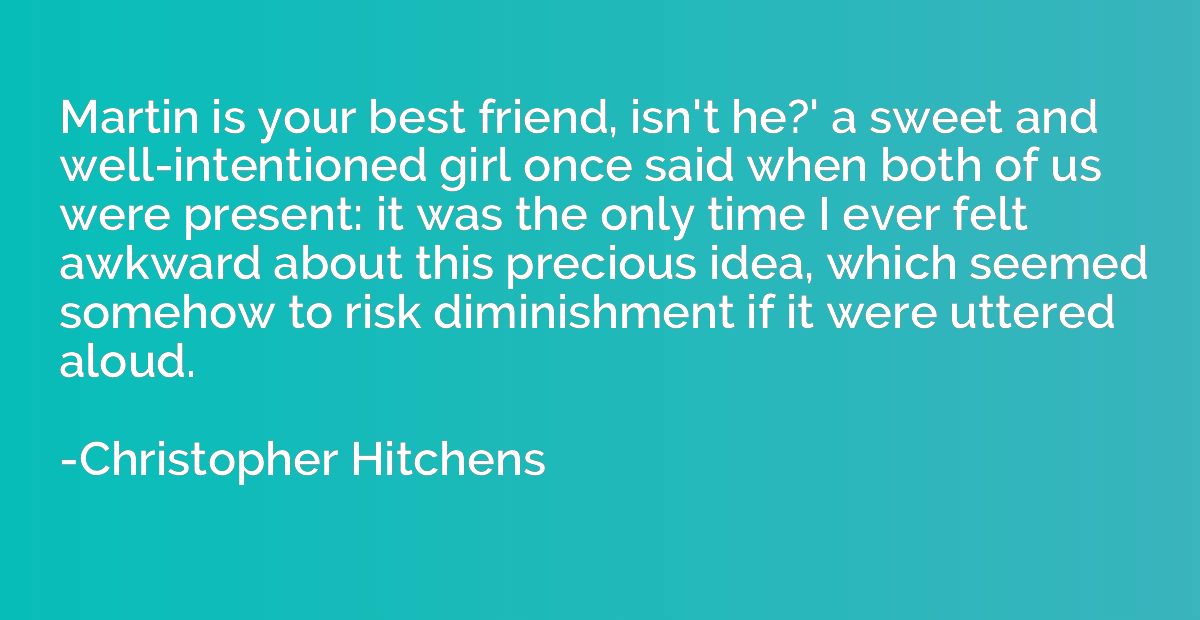
Summary
This quote captures a moment when the speaker feels uneasy when someone voices the assumption that Martin is their best friend. The speaker cherishes the special bond they share with Martin, and the idea of it being openly acknowledged somehow feels like it could cheapen or diminish its significance. This quote expresses the intimate and personal nature of their friendship, suggesting that some connections are best left unspoken, as they hold a deeper meaning when kept private.




